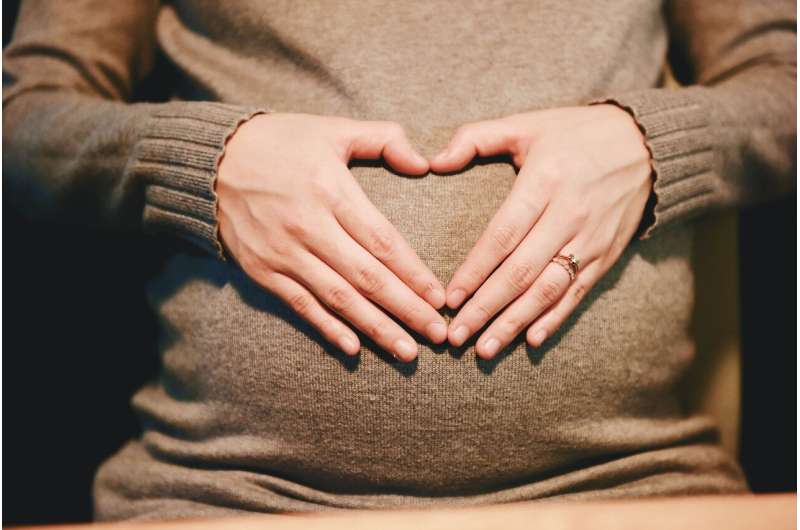Many People Unaware That Knee and Groin Pain May Signal Hip Issues

A survey reveals that most Americans are unaware that knee, groin, or thigh pain can be signs of hip problems, emphasizing the need for better awareness and early diagnosis.
A recent survey conducted by Ohio State University Wexner Medical Center highlights a concerning lack of awareness among Americans regarding the connection between certain joint pains and underlying hip problems. The survey, which sampled 1,004 adults across the United States, found that a significant majority of respondents were unaware that pain in the knees, groin, thigh, or back could be indicative of hip issues. In fact, 72% did not realize that knee pain could be a sign of a problem in the hip, while 69% missed that groin pain could be linked to the hip, and 66% did not associate thigh pain with hip disease.
Orthopedic specialist Dr. Matthew Beal explained that these symptoms often lead patients to seek help for knee pain, only to discover via examination and imaging that the root cause was actually hip degeneration or arthritis. During the consultation, rotating the patient's hip often triggers pain, and X-rays help determine whether a hip replacement might be needed.
Surprisingly, the survey revealed that many individuals respond to unexplained pain by simply ignoring it or self-medicating with over-the-counter drugs. Specifically, 40% tend to push through the pain, and over half (52%) resort to medications for relief. Experts stress the importance of consulting healthcare providers when experiencing persistent or unexplained joint pain for accurate diagnosis and appropriate treatment.
Although hip replacement surgery can seem intimidating, Dr. Beal notes that the procedure typically has a straightforward recovery process, with patients often able to start walking shortly after the operation, helping their rehabilitation progress significantly.
The survey also identified other signs that may indicate hip problems, such as a clicking or catching sensation in the joint (noted by 71%), difficulty in bending or tying shoes (59%), and lower back pain (53%). Less recognized symptoms included night pain or trouble sleeping (45%), thigh pain (34%), and knee pain (28%).
Overall, increasing awareness about the signs of hip problems and encouraging early medical consultation can help improve quality of life for many individuals who might otherwise delay treatment, leading to more effective interventions and better long-term outcomes.
Stay Updated with Mia's Feed
Get the latest health & wellness insights delivered straight to your inbox.
Related Articles
Emerging Evidence Links Carbon Dioxide to Lung Damage in COPD Patients
New studies reveal that high levels of carbon dioxide may actively contribute to lung tissue remodeling and progression of COPD, highlighting the potential for targeted therapies to mitigate disease advancement.
Evaluating the Real-World Impact of Bevacizumab in Ovarian Cancer Treatment
A new study examines the real-world effectiveness of bevacizumab added to chemotherapy for ovarian cancer, highlighting benefits in high-risk patient groups and informing personalized treatment strategies.
The Significance of Metabolic Health in Pregnant Women Over Weight Gain
Emerging research points to metabolic health as a crucial factor in pregnancy outcomes, surpassing the impact of weight gain alone. Early metabolic interventions can improve maternal and fetal health by targeting glucose and lipid regulation.



